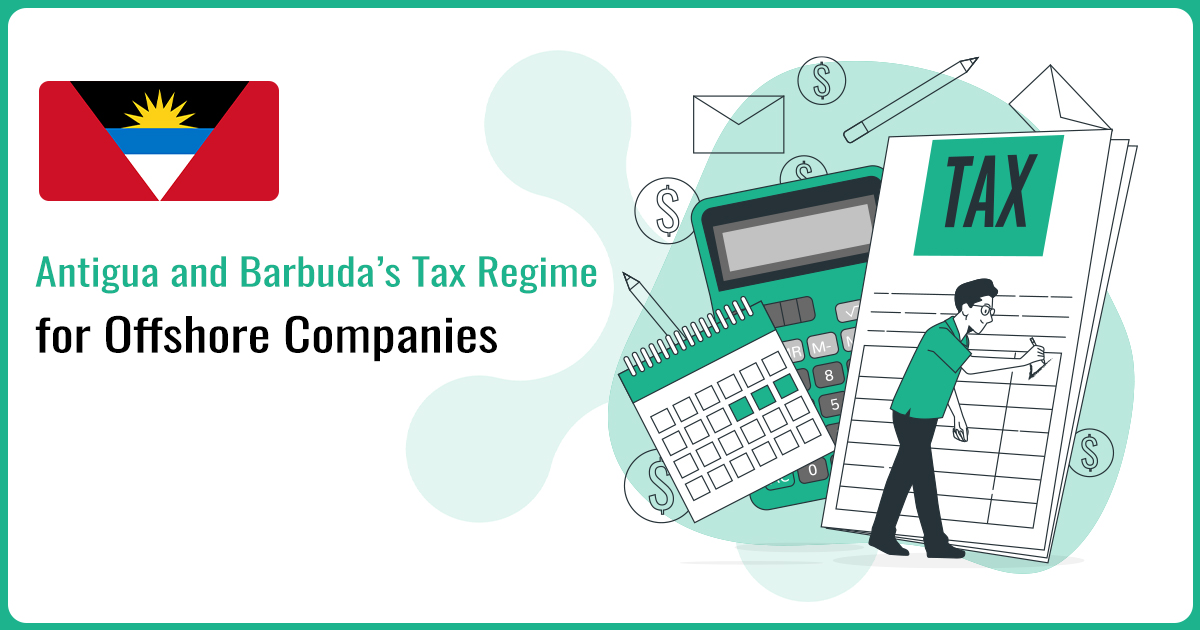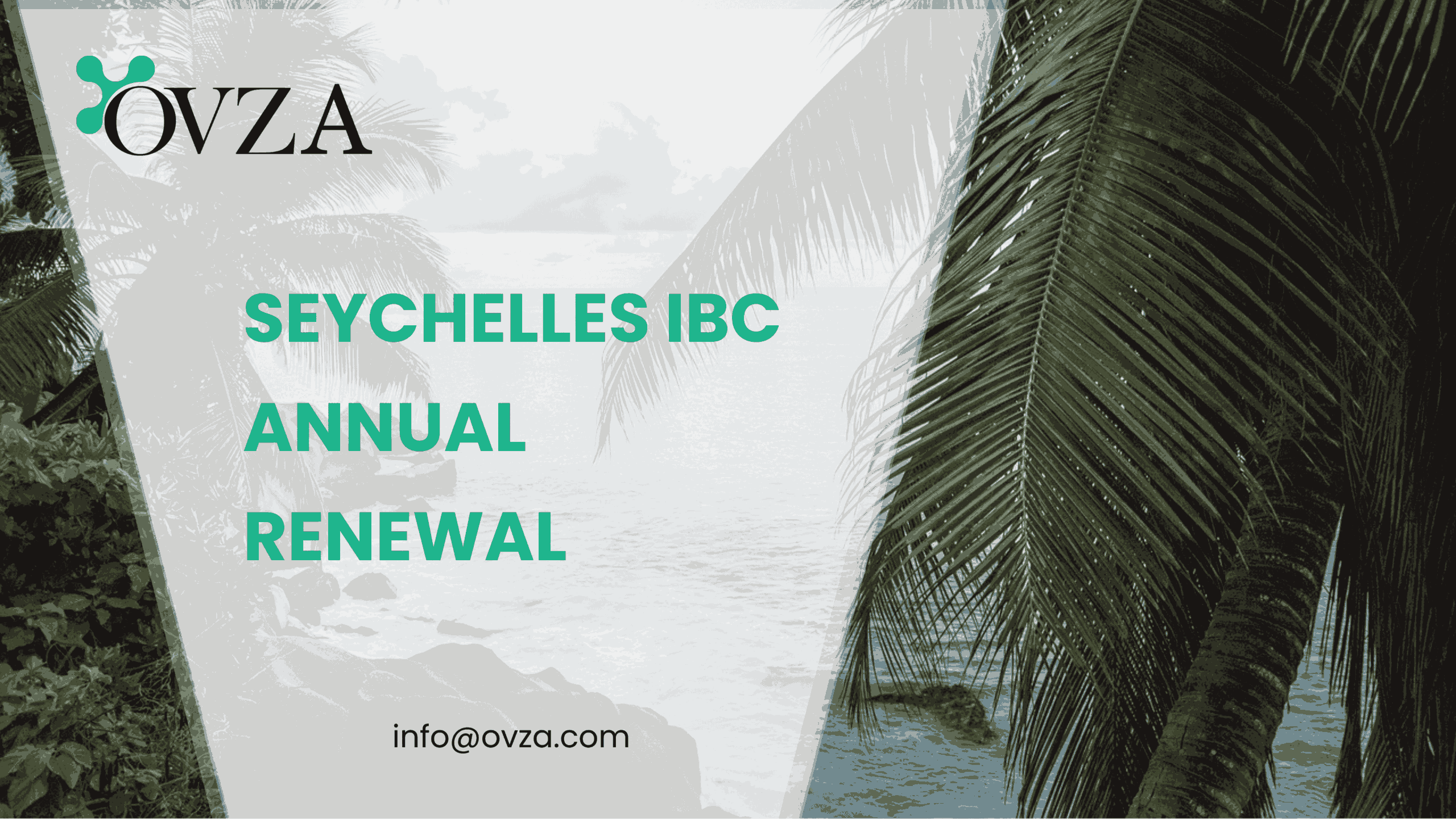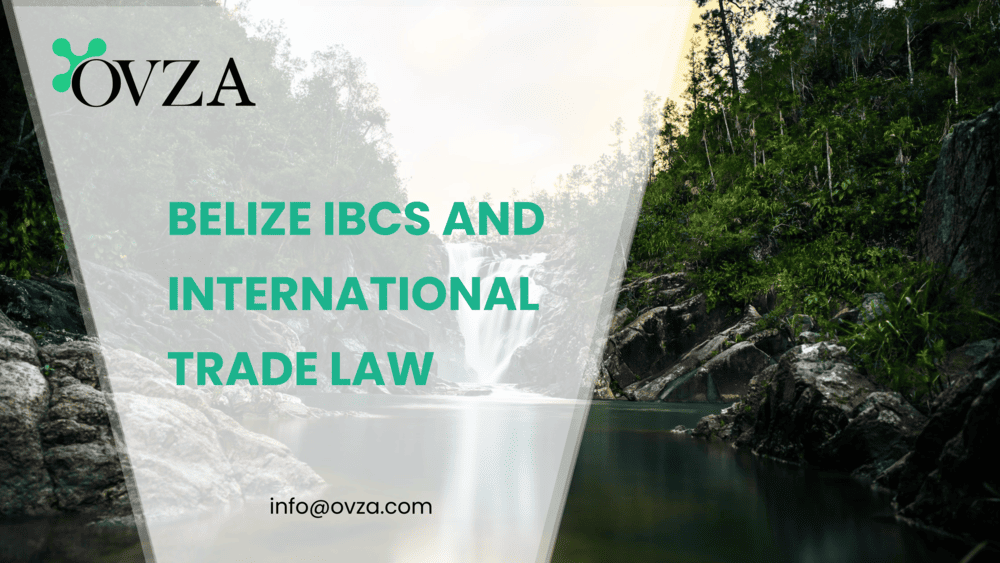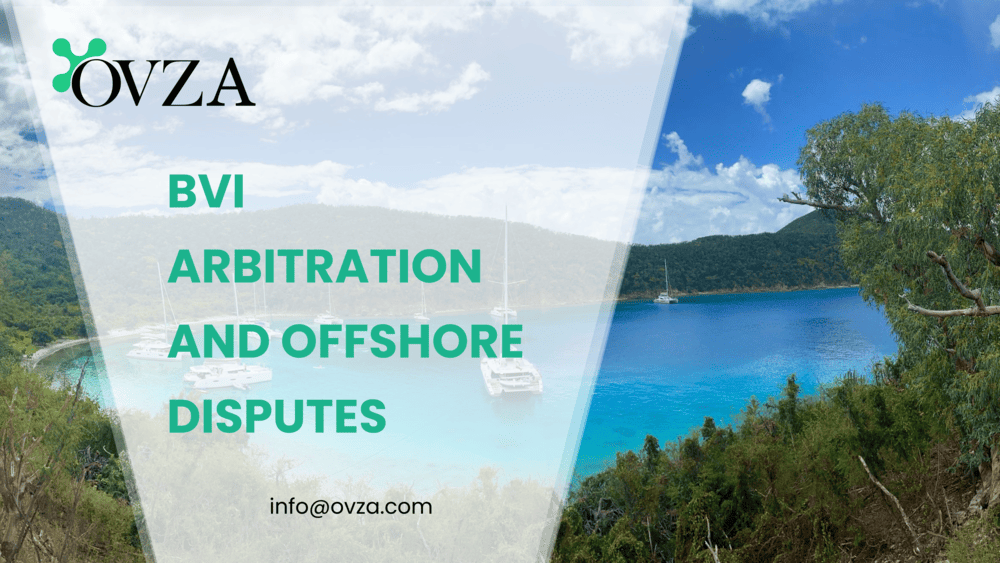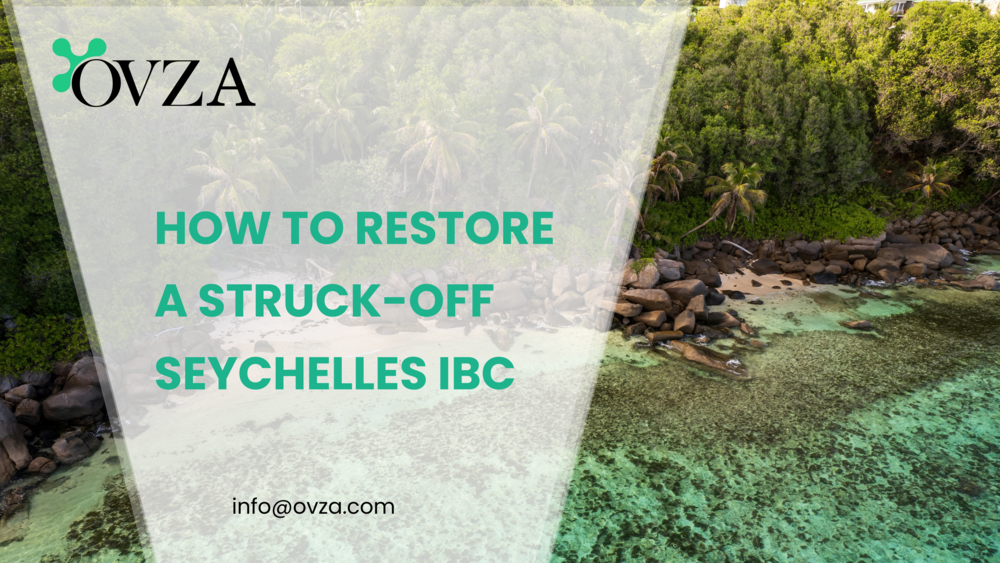Antigua and Barbuda, a twin-island nation in the Caribbean, offers a favorable tax environment for offshore companies. The jurisdiction’s legal framework and tax policies are designed to attract international businesses by providing significant tax advantages. This article outlines the key aspects of Antigua and Barbuda’s tax regime for offshore companies, focusing on the specific laws that apply.
No Corporate Income Tax: International Business Corporations Act, 1982
Under the International Business Corporations (IBC) Act, 1982, offshore companies incorporated in Antigua and Barbuda as International Business Corporations (IBCs) are exempt from corporate income tax. This exemption applies as long as the company conducts its business activities outside of Antigua and Barbuda. The IBC Act is a cornerstone of the country’s offshore financial services sector, allowing companies to retain all their profits without paying corporate income tax.
No Withholding Tax: Income Tax Act, 1945 (as amended)
The Income Tax Act, 1945, as amended, governs taxation in Antigua and Barbuda. However, IBCs are exempt from withholding taxes on dividends, interest, royalties, and other forms of income paid to non-residents. This allows offshore companies to distribute profits to shareholders or pay interest on loans without the burden of withholding taxes, making it a highly efficient jurisdiction for international business.
No Capital Gains Tax: IBC Act and Income Tax Act
Antigua and Barbuda does not impose capital gains tax on offshore companies under the IBC Act and the Income Tax Act. This means that profits from the sale of assets, whether they are shares, property, or other investments, are not subject to taxation. This feature of Antigua and Barbuda’s tax regime is particularly attractive to companies involved in asset holding and trading.
No Estate or Inheritance Taxes: The Succession Act, 2006
The Succession Act, 2006, ensures that there are no estate, inheritance, or gift taxes for offshore companies in Antigua and Barbuda. This is beneficial for business owners looking to transfer ownership of the company or its assets without incurring additional tax liabilities. The absence of these taxes provides flexibility in estate planning and wealth transfer.
Confidentiality and Privacy: The International Business Corporations Act, 1982
The IBC Act, 1982, also ensures a high level of confidentiality for offshore companies. The law mandates that information regarding the ownership and operations of offshore companies is kept private. This confidentiality is enforced through strict regulations that limit the disclosure of information, which can only be accessed under specific legal circumstances. The privacy afforded by this law is a significant advantage for businesses seeking discretion in their operations.
Stamp Duty Exemption: The Stamp Act, 1916 (as amended)
Offshore companies in Antigua and Barbuda are exempt from stamp duty on the transfer of shares and other company-related transactions under the Stamp Act, 1916, as amended. This exemption further reduces the operational costs associated with managing and transferring assets, making Antigua and Barbuda a cost-effective jurisdiction for offshore business activities.
Conclusion
Antigua and Barbuda’s tax regime, underpinned by laws such as the International Business Corporations Act, 1982, and the Income Tax Act, 1945, offers substantial benefits for offshore companies. The absence of corporate income tax, withholding tax, capital gains tax, and estate or inheritance taxes, combined with strong confidentiality provisions, makes Antigua and Barbuda a highly attractive jurisdiction for offshore company formation. For businesses looking to maximize their tax efficiency while maintaining privacy, Antigua and Barbuda provides a compelling option.


